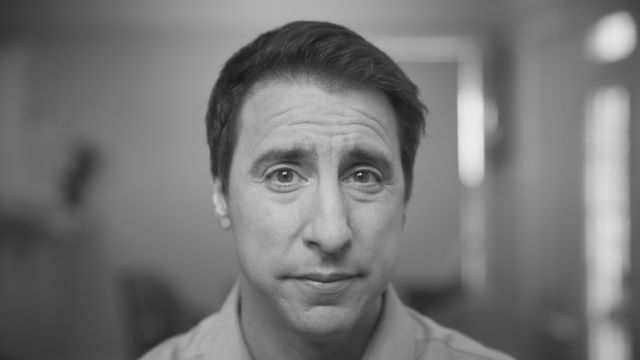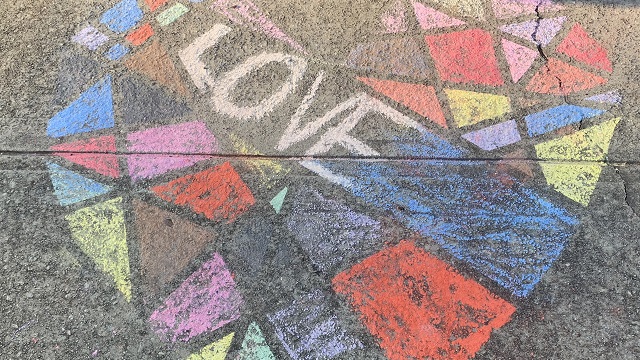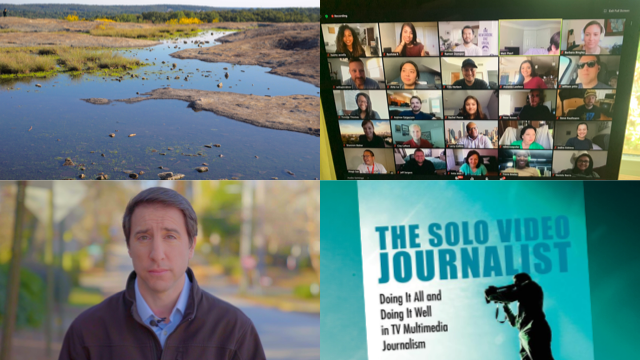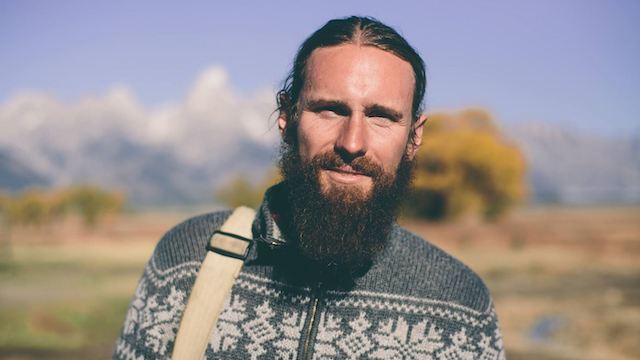Podcast: Play in new window | Download
Subscribe: RSS
Last spring, when so many of us were frightened and nervous at the start of the COVID-19 pandemic, when the world of journalism and the world as a whole felt chaotic and upended, Reshma Kirpalani leaned in. She cold-emailed a hospital group in south Florida to see if she could obtain access to its COVID unit, through videos shot by its employees. She received that access and embarked on a half-hour documentary … that ultimately turned into five half-hours of an episodic series. She convinced her bosses at the Miami Herald and its parent company, McClatchy, to enable her to focus entirely on this project.
And just as she was about to start putting it together, Kirpalani learned she had been laid off.
McClatchy decided to eliminate Kirpalani’s video team. For Kirpalani, it meant the end of not only regular paychecks but also the documentary she had poured nine months into producing.
Or, at least, it would have meant the end … if she hadn’t fought to finish it.
Kirpalani convinced her bosses to let her stay on for three more months. In that time, she produced an unforgettable and necessary document of the early stages of the pandemic – and how those grueling weeks impacted the lives of the health care workers who couldn’t avoid it. The project, titled “Inside the COVID Unit,” can now be seen on miamiherald.com. And it’s riveting.
I’ve watched – and produced – numerous stories on the pandemic, but few if any moved me like this series. It puts on full display the initial chaos of those early months, which weighs over every impossible decision faced by the health care workers profiled here. Kirpalani’s commitment shows throughout. She captures moments that are equally brutal, frustrating, raw, and heartbreaking. She has an intuitive sense of narrative and context.
More importantly, she does it all with extraordinary empathy – the quality that most enables this series to stand out.
Kirpalani is my guest on Episode 85 of the Telling the Story podcast.
When I listened back to this interview, I immediately wanted to hoist my camera and tell a meaningful story. I’m in awe of storytellers like Kirpalani who embrace their work with such devotion. It’s what I seek in my own stories, and it’s what I appreciate in the journalists I admire most.





